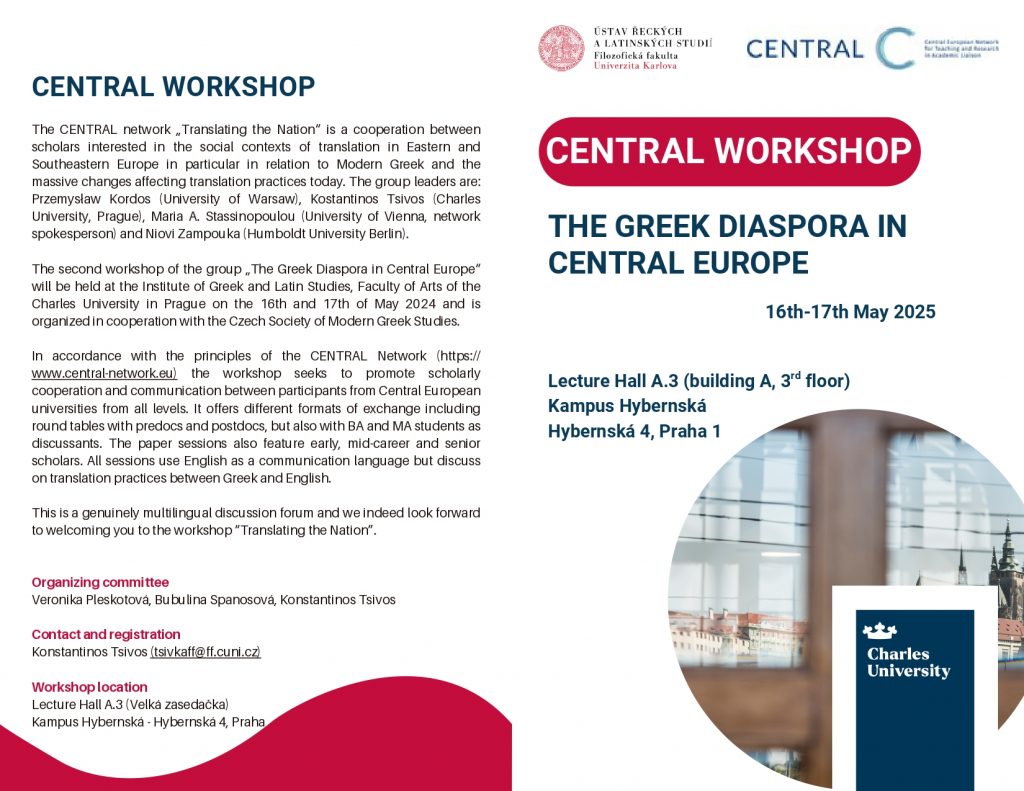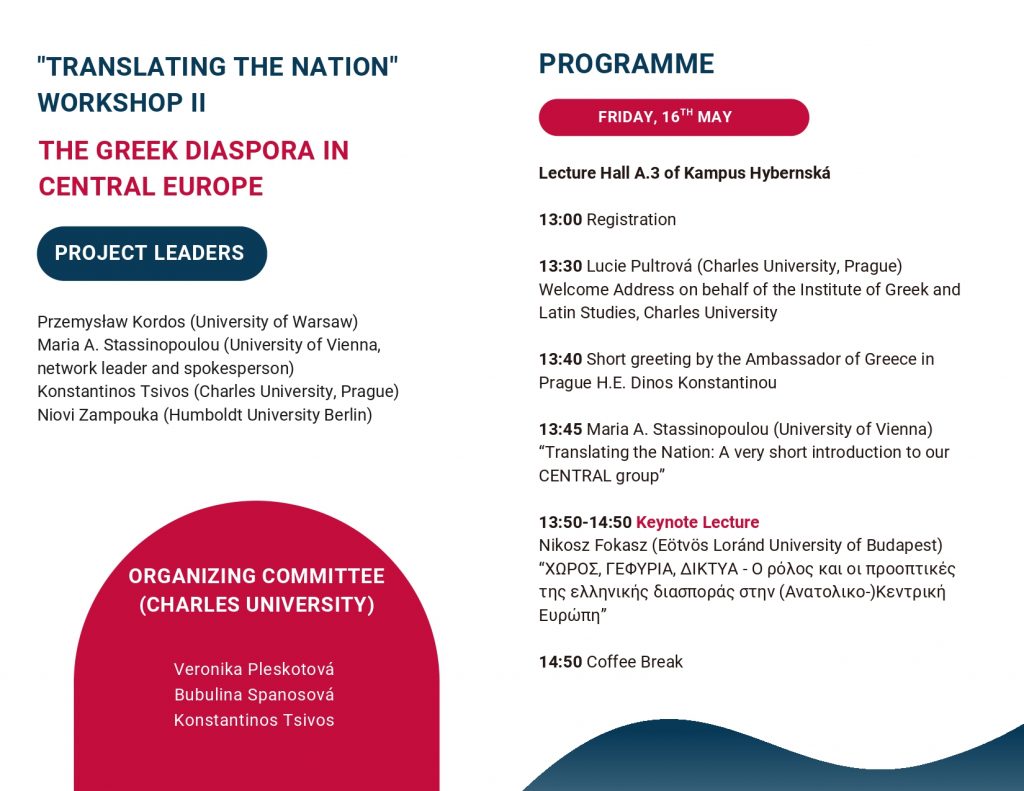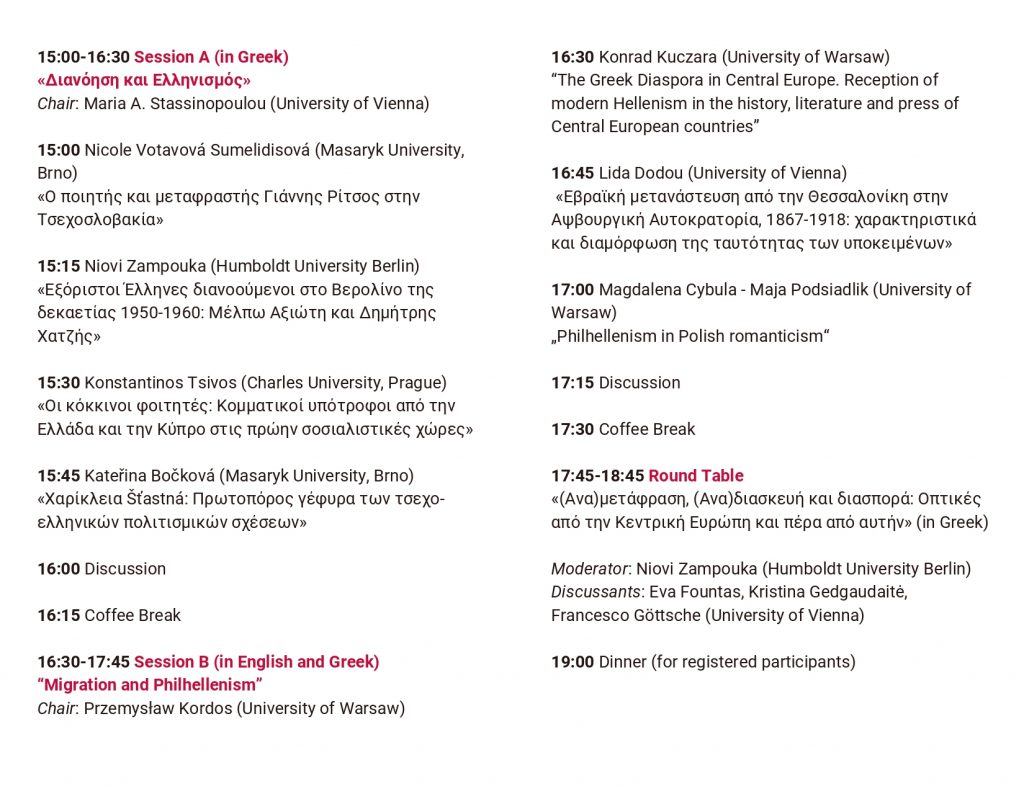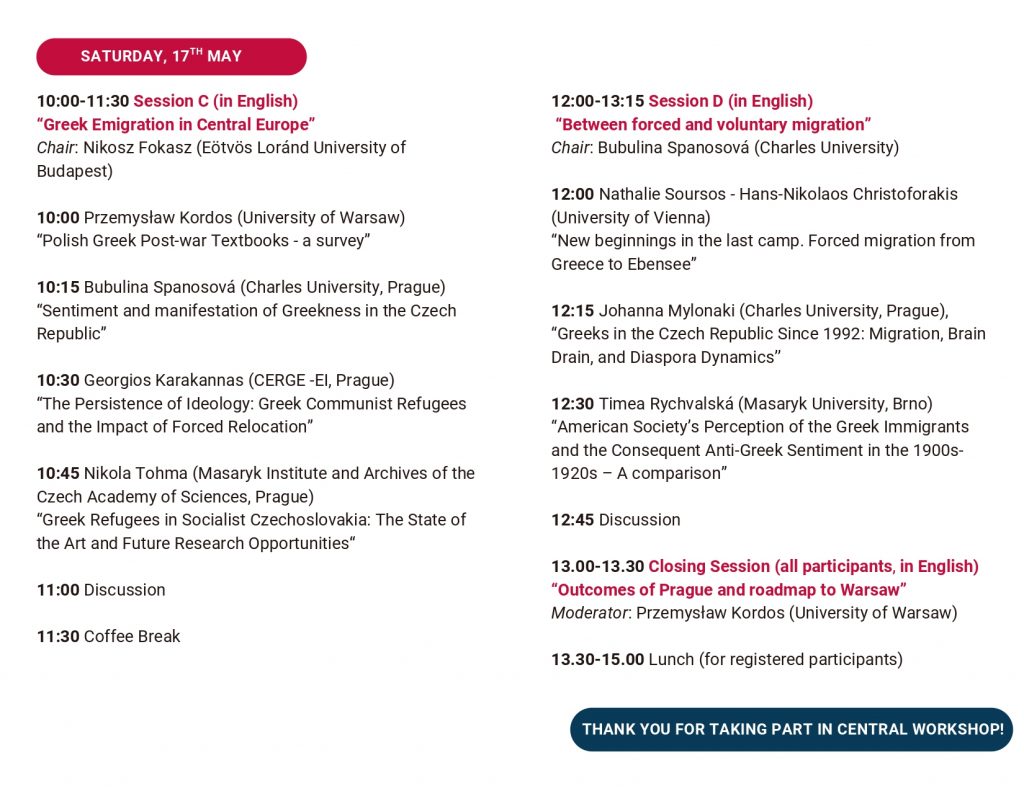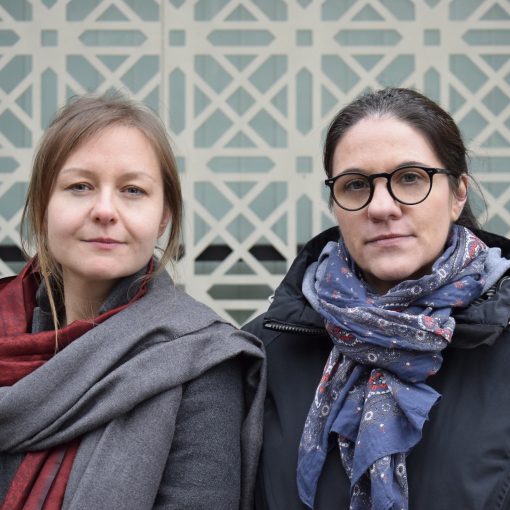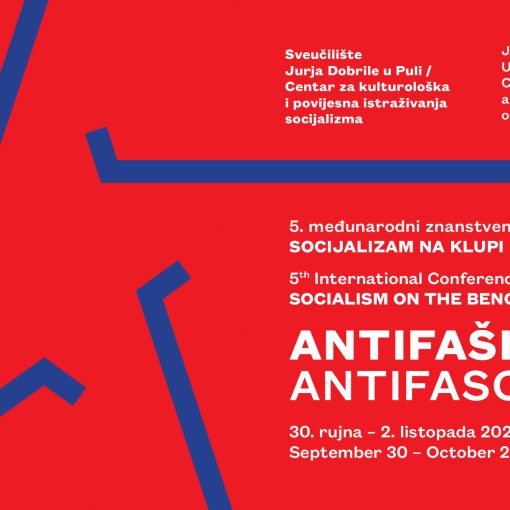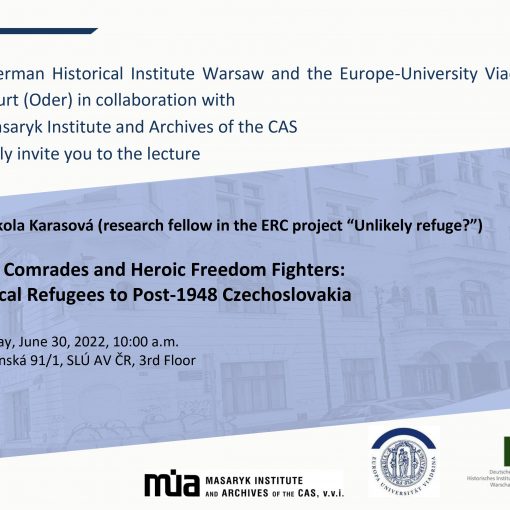Greek Refugees in Socialist Czechoslovakia: The State of the Art and Future Research Opportunities
by Nikola Tohma
The paper analyzes the existing research on Greek Civil War refugees, particularly in the Czechoslovak context, and discusses possible new research trajectories. Highlighting the available archival sources, oral history interviews, and memoirs, the paper proposes a more integrative approach to the historical study of Greek refugees. As opposed to the predominant ethnocentric focus on the refugee community and the perspective from within, the presentation looks up for connections with other refugee groups in the same period. Furthermore, it understands the community as an integral part of the Czechoslovak socialist society, emphasizing their mutual relationship and impact.
Nikola Tohma is a post-doctoral researcher at the Masaryk Institute and Archives of the Czech Academy of Sciences (Prague, Czech Republic). She is currently involved in the ERC Consolidator grant project “Unlikely Refuge: Refugees and Citizens in East-Central Europe in the 20th Century”, focusing on political refugeedom, refugee aid, and education of child refugees in Cold War Czechoslovakia. Within the new OP JAK project “Migration and Us: Mobility, Refugees, and Borders from the Perspective of the Humanities (MyGRACE),” she investigates the limits of refugeedom and labor migration in state socialism. Nikola earned her PhD from Charles University (Prague, Czech Republic) and the Aristotle University of Thessaloniki (Greece) in 2021. In her recent publications, she investigated the topics of state socialist asylum, statelessness and social citizenship of refugees, their victimhood expressed in refugee literature, and internationalist solidarity campaigns in Communist Czechoslovakia.
